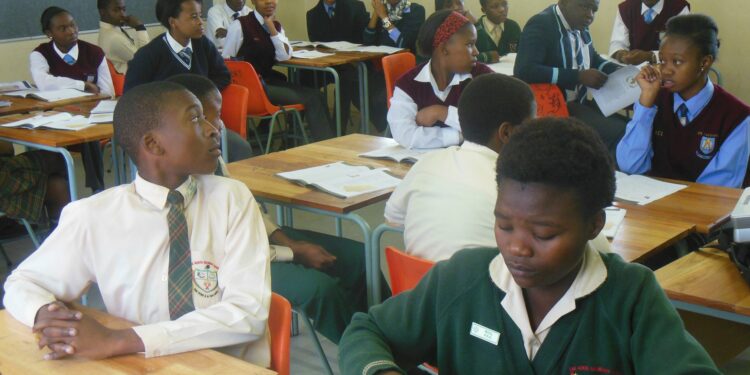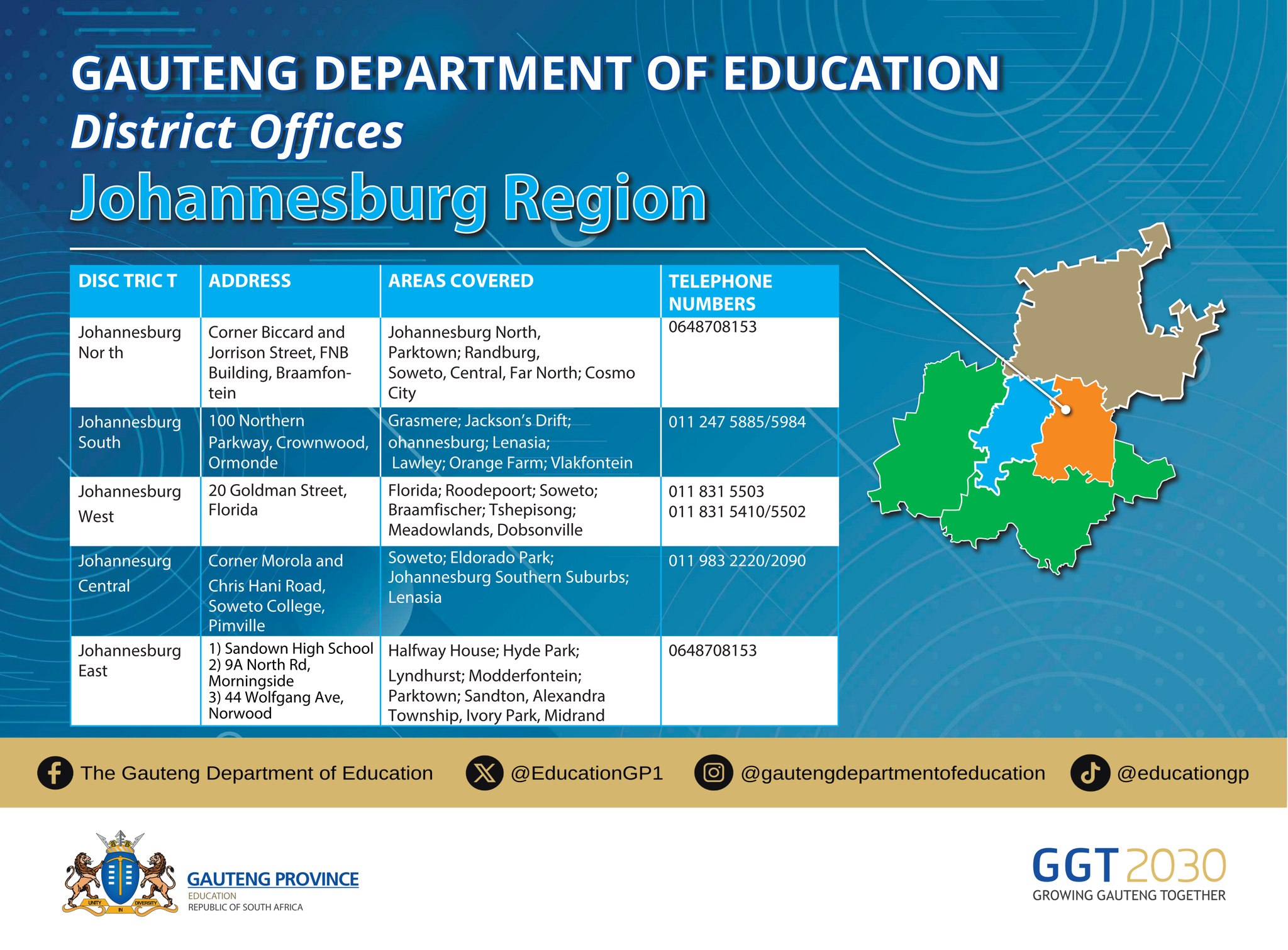By Ntja Mapheelle
It boils down to these 12 points.
1. Provide them with a proper area for studying. A proper desk and chair. Whilst you can read from any position including sleeping, proper study can only take place in an upright seating position. If a designated area is not possible, please recognise that during their studying children don’t need to be distracted.
2. Eliminate or at least reduce house chores. Studying is a fulltime occupation. The young person should be able to take a nap after returning from school (if they are too tired), wake up refreshed to study till bedtime. The weekend and school holidays are the times when chores can be included in the house schedule to teach them responsibility.
3. Set a strict bedtime. Kids need proper sleep for their development and to ensure their bodies and minds are ready for a long day’s activity. Enforcing this rule is everything.
4. If you can, please provide a computer at home. Modern education requires learners to master computer skills in order to excel in their studies. Better still, make sure that the computer has internet connectivity. This is vital and information is the basis for knowledge. However, be sure to control what they can and can’t do on line. Two things you can keep in mind. a) Kiddle is a search engine for kids. You can restrict the internet computer for this use only. b) Secondly, avoid putting a computer in kids’ bedrooms. An open area in the house is ideal. We got this advice from the school.
5. Time between school and home. Most kids spend a disproportionate amount of time travelling between home and school. Some because of circumstances, others because they can. If not because of circumstances, make sure your children spend the shortest time between school and home, especially after school. They’d rather spend the time napping in preparation for studying and actually studying. Hanging out with friends in the street corners and malls is trouble (this too can wait for weekend and school holidays). Drugs, pregnancies and other problems have a good chance here. As a parent, always know where your child is, school, home and the short traveling time kind of thing.
6. Hard as things might be, try build a culture where once a day the whole family can sit and talk and get updates as well as find ways to support kids. Dinner time has proven to be practical for most families. Discussions should go beyond the usual “how was school today?”. Encourage discussion on content, challenges and issues the kids are facing at school. To be successful, it is useful never to be combative as parents.
7. Right from the beginning, understand what your child’s capabilities are. This is so that you can never pressure them to more than they are capable of achieving. That can be frustrating and destroy the little persons. Importantly, please know that not every child is academically gifted. Do not be pressured by outside competitions. By being supportive and understanding you can get your children to be confident and perform optimally at their own level. Don’t ever even compare your child to her or his siblings. Love conquers all.
8. In order to support them, we must keep track of the little things (as well) that happens in their schools. Kids go through many challenges at school. Most of the times they aren’t courageous enough to report back at home. Bullying by others learners and teachers come with the same conditions. Don’t tell anybody. There are different challenges for kids in both townships and former model C schools. If you are close enough to the little ones, and you pay attention, you will notice a change in behaviour and demeanour. As soon as you do, approach them with great care and always strive to get to the bottom of the issues, no matter what.
9. Please attend all school activities when invited. Besides your civic duty in this regard, seeing you in the school can have an amazing effect on your children.
10. Introduce your kids to reading at an early age. Even through tough economic times, take them on trips to the bookstore to pick books for reading as FUN, on a regular basis. When doing so, don’t ever choose books for them. Let them pick their books so long as they are in their own age group. Reading does more for young minds. It nourishes their minds, reinforces the culture of studying and broaden their horizons. You might even have to model the desired behaviour by reading yourself.
11. If you are brave parent, restrict TV time in your household. TV has very little benefits and it can be very addictive and counter production. Banning it from Monday to Thursday has massive benefits. Just like with reading you can show a little solidarity by watching only news on TV during the week.
12. Whatever you do, if there are two of you as parents, work together in supporting your children. Collaborate and present a united front even when you have slight agreements. Nothing kills the support mood like when the one parent allows kids to break the rules.










